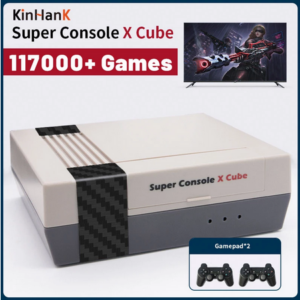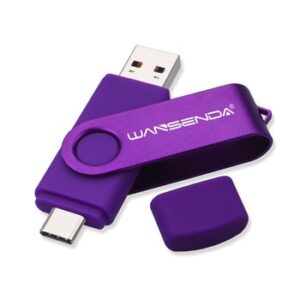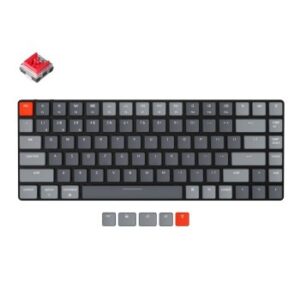The gaming industry is full of exclusive deals and behind-the-scenes negotiations that the public rarely gets to see. However, a recent legal case may shed some light on these secretive arrangements. The Federal Trade Commission (FTC) has sued to block Microsoft’s acquisition of Activision Blizzard, and in the process, Microsoft has subpoenaed Sony for details on their PlayStation exclusivity deals.
The request covers deals made after January 1st, 2019, including fees or agreements that prevented publishers from placing games on Xbox Game Pass. Microsoft has accused Sony of paying for “blocking rights” to stop developers from adding their content to Xbox Game Pass. This accusation has been supported by the FTC’s chief administrative judge, who has sided with Microsoft’s request for details of Sony’s PlayStation exclusivity deals.
It’s not often that details of these exclusive deals are made public, but the FTC case could change that. The last time similar details were revealed was during the Epic Games vs. Apple case in 2021. In that case, we learned how Microsoft had explored reducing its Xbox store cut to shake up console gaming, how Sony had implemented cross-play platform fees, and that Fortnite was a PS4 cash cow.
The FTC case is still in the document discovery stage, with an evidentiary hearing scheduled for August 2nd, so we’re still months away from any potential new details. However, this case has the potential to open up some of the secrecy of the games industry in court hearings.
Here’s Microsoft request:
Microsoft argues that the Complaint in this case makes a number of allegations regarding high-performance video game console developers’ exclusivity arrangements with video game publishers. Microsoft states that it is aware that SIE requires many third-party publishers to agree to exclusivity provisions, including preventing the publishers from putting their games on Xbox’s multi-game subscription service, and that understanding the full extent of SIE’s exclusivity arrangements and their effect on industry competitiveness will assist in its defense.
In addition to the FTC case, Microsoft’s Activision deal is also facing scrutiny from UK and US regulators. The European Union (EU) is reportedly likely to approve the deal, thanks in part to binding 10-year agreements with Nintendo and Nvidia. However, the British Competition and Markets Authority (CMA) has offered possible remedies, including forcing Microsoft to sell off Activision Blizzard’s business associated with Call of Duty.











